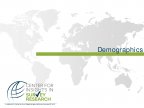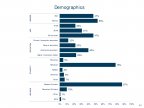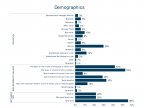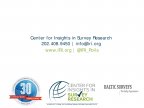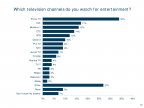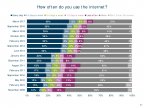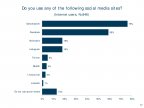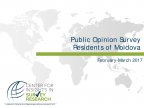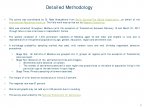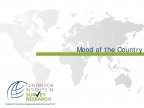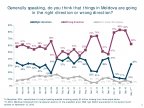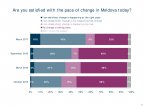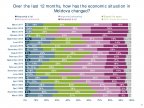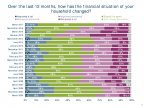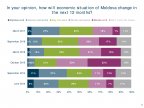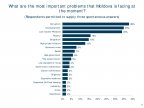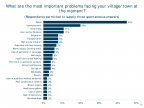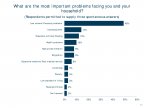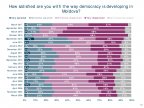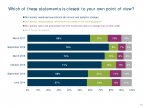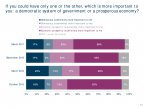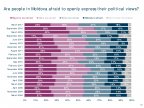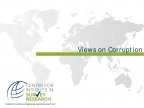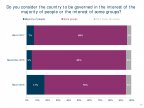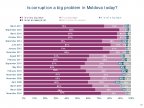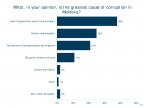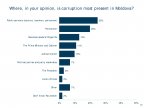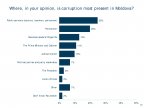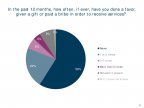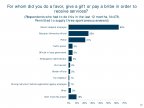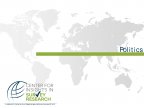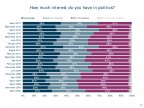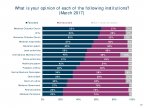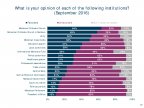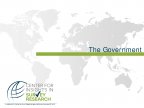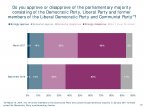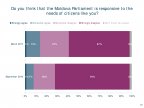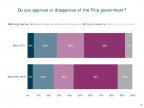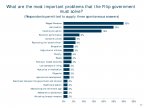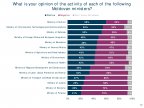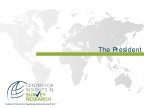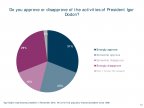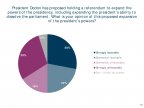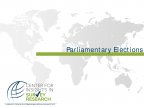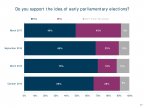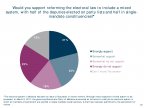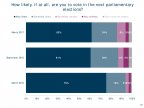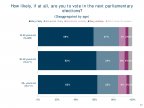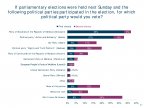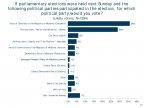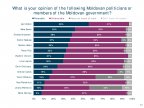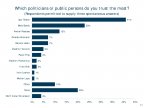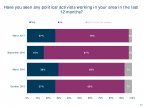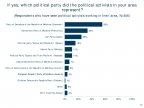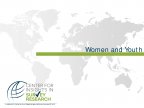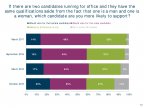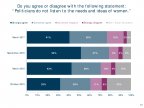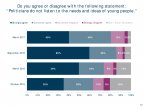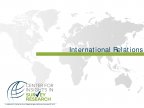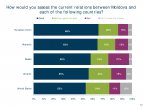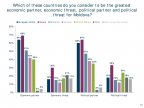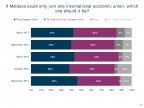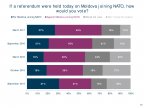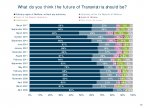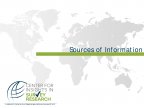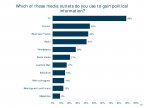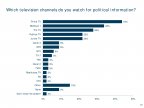POLL: Number of Moldovans feeling country goes in wrong direction falls 20%
A new nationwide poll from Moldova released today by the International Republican Institute (IRI) reveals that attitudes towards government are stabilizing, though Moldovans remain pessimistic about the country’s trajectory.
“The presidential election in November 2016 appears to have improved public attitudes towards the country’s future,” said Stephen Nix, IRI Regional Director, Eurasia. “It is crucial that the government take advantage of this window of opportunity to address the very serious problems facing the country, including high levels of corruption and dissatisfaction with the economy.”
The number of Moldovans who believe that the country is headed in the wrong direction dropped 20 points from 82 percent in September 2016, but remains high at 62 percent.
The proportion of respondents who believe the country is going in the right direction jumped from a low of 10 percent in September 2016 to 32 percent.
Despite this apparent improvement in the national mood, corruption continues to rank as a top concern for Moldovans.
A staggering 94 percent of respondents cite corruption as a “very big” (75 percent) or “big” (19 percent) issue. Twenty-five percent believe that corruption is “most present” among public servants, including doctors, teachers and policemen, and nearly one-third admit to having paid a bribe, given a gift or done a favor in exchange for a service in the past 12 months.
Economic anxieties also emerged as a consistent theme. Thirty-five percent identified unemployment as one of the most important problems facing Moldova, and 49 percent cite low income and/or financial problems as the most important problem facing their household.
However, there was a slight improvement in the economic outlook in Moldova: while only a combined 17 percent believe the economy has improved, this figure increased by 10 percent from September 2016. Similarly, the number who feel the economy has “stayed the same” rose from 25 percent in September 2016 to 35 percent, and those who think the economy has “worsened a lot” decreased from 35 percent in September 2016 to 15 percent.
The sample consisted of 1,510 permanent residents of Moldova older than the age of 18 and eligible to vote.
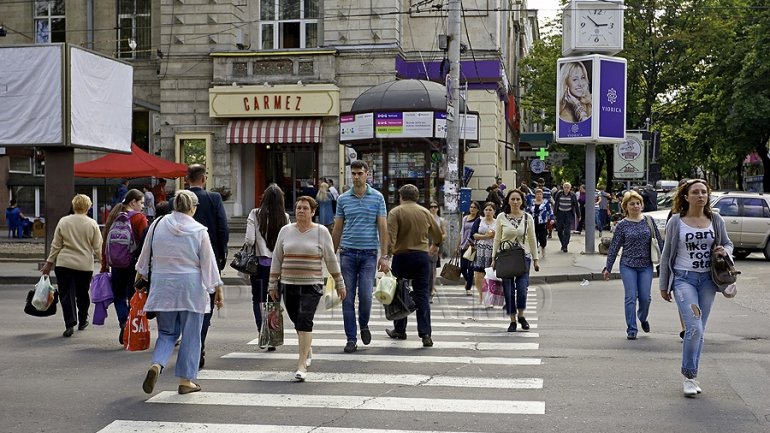 foto: Publika.md
foto: Publika.md

